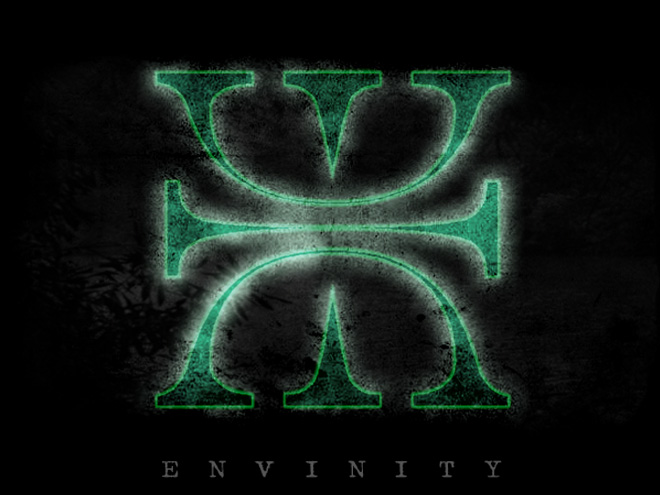Welcome to this multi-part series exploring the influences that went into creating the story of Moira's Lake. (I'm sure the title gave that away already).
I decided to break this essay into 8 short chunks, just because I know how much you love reading a long, intimidating block of evil words. (No one likes that. Seriously. No one. Books? Pfffffttt).
So, hopefully you'll enjoy this format better. (Probably not, knowing you. Which I do).
THE STORY SO FAR:
Part 0: What To Write?
Part 1: Eras In Time
Part 2: Ghost Stories
Part 3: Murder Mysteries
Part 4: Love Stories
Part 5: Twists
PART 6: FATE
Something that has fascinated most the great writers (and most of the not so great ones as well), is an extremely old concept that still holds strong in our desires today.
Fate.
Destiny.
The notion that certain things in life are already pre-planned, beyond our control. Particular events will happen no matter what we do.
Famously, this idea is done in stories in the form of the young child who is destined to become a hero. His fate is to save the town/world/universe/local cheese shop from some one-dimensional evil force, commonly tied to some sort of ancient prophecy.
You can hear this concept (not the child saving the world, just fate in general) strewn across the landscape of my previous albums, but it takes a much more prominent focus in Moira's Lake.
As with many of the concepts in this story, I wanted to take a different, or at least, less trodden approach to the concept of fate, and instead of using destiny as a positive force, make the characters trapped in an inescapable, and tragic destiny.
In my mind, there is more emotion in that approach.
Regardless of one's real opinion on fate and destiny, I believe it makes a great story device.
To be continued in part 7 (Conclusion): The Evolution Of Moira...
-Niko
RECENT ARTICLES:
- 2009: Envinity In Reflection
- The Hardest Part Of Making An Album
- Why Do A Concept Album?
- Why Do Something So Different?
- Why A Digital Download?
RECENT NEWS:
- 400 Downloads And Counting (Slowly)
- Album Of The Month (Last Month) At Bloodchamber.de
- Passing 350 Downloads
- Listen To Envinity On Prog Radio!
- 200 Downloads In less Than A Week!
RECENT PODCASTS:
